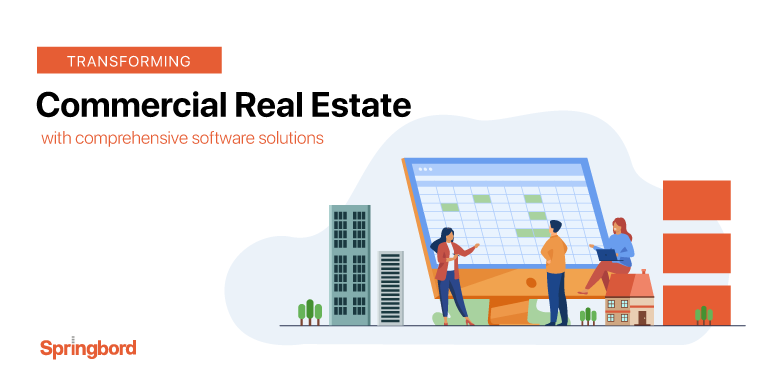 Read time 2 min
Read time 2 min
As commercial real estate and its rental rates grow steadily, lease audits take a centre stage. Cost conscious businesses and tenants are increasingly relying on these audits to ensure they are not paying more than the current market rate.
Lease audit allows tenants to seek professional auditors help in evaluating leasehold expense, validating whether charges are calculated accurately and fairly and levied as per the specific lease agreement. While lease audits may seem an important tool for tenants, if used proactively by property managers it can help avoid conflict, strengthen relationship and also ensure significant cost recoveries in some cases.
So, let’s understand what lease audit identifies and how you can aid that practice and use it to your advantage through superior data management.
Lease audits – baring it all
Lease audits are typically performed by a third-party auditor to evaluate all cost reimbursements and revenue-generating expenses, which are accurately interpreted, calculated and charged. These audits often reveal mistakes in rent escalations due to misinterpretation of charges or calculation, in which case it can be rectified on time to ensure tenant is not overcharged unduly.
On the other hand, an audit can also help identify expenses and costs that you are paying which otherwise can legitimately be passed to the tenant as per the contract/agreement. This in turn helps you to maximize the revenue stream while ensuring adherence to payment clauses.
Data management – driving superior lease administration
Lease audit practice entails a methodical process involving a thorough review and evaluation of comprehensive billing related expenses to ensure they are in compliance with the terms and conditions of the lease agreement. This requires auditors to review lease agreements, changes or modifications, amendments, and any other relevant correspondence received from landlord. It also requires property managers to show all the books and records pertaining to the leasehold that includes, maintenance and operating expenses, leases, rent rolls, tax billings, ledgers, annual statements, reconciliations and assessments sent to the tenant.
Given the situation it is crucial for property managers to adopt effective lease abstraction and data management practices to ensure accuracy, reliability, accessibility of data and traceability of transaction and internal audit trails. Better visibility helps ensure timely and accurate competition of lease audit and allows auditors to make effective recommendations.
Making way for superior portfolio management
With pressures mounting on property managers to contain costs, deliver efficient lease administration services while focusing on audits to fix erroneous billing and ensure compliance, effective data management can win the day. Superior data consistency and integrity aids quick and seamless audit and meaningful portfolio analysis that in turn help make profitable strategic decisions.
If you wish to know how Springbord can help you standardize lease abstraction and data management practices that facilitate informed decision making, take a look at this case study of a multinational real estate company that optimized its lease data accuracy and reliability through our services.







